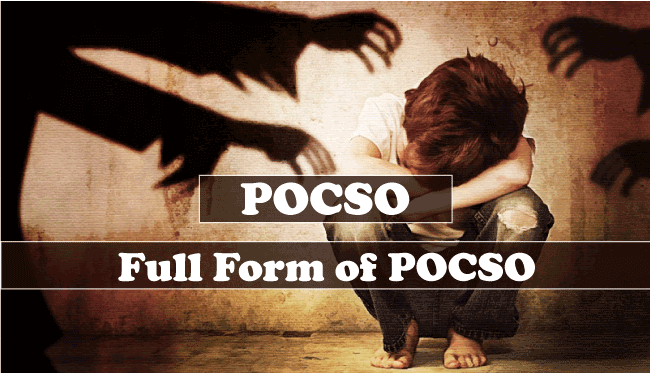What is the Full Form of POSCOPOSCO: Protection Of Children From Sexual OffencesPOSCO stands for Protection of Children from Sexual Offences. To protect children from all forms of sexual abuse, the Protection of Children from Sexual Offenses Act of 2012 was passed (the "POSCO Act, 2012"). The United Nations adopted the "Convention on the Rights of the Child" in 1989, but India did not implement any legislation to address crimes against children until 2012. It imposes harsh punishments for crimes committed against children, ranging from a minimum sentence of 20 years in prison to the execution of offenders in aggravated penetrative sexual assault situations. 
What Is The Need For The POSCO Act, 2012?The Goa's Children's Act, 2003 and Rules, 2004 was the only piece of law in India before the implementation of the POSCO Act, 2012, that sought to safeguard a child's rights. Sections 375, 354, and 377 of the Indian Penal Code, 1860, define child sexual abuse as an offense. Both the modesty and protection from sexual abuse of male children are not covered by these regulations. The Code does not define phrases like "modesty" and "unnatural offense." It was crucial to draught a statute that specifically addresses the issue of rising child sexual abuse cases in the nation because there was no relevant legislation at the time. POSCO Act 2012 was implemented on November 14, 2012, thanks to the work of numerous NGOs, activists, and the Ministry of Women and Child Development. POSCO Act: Its GoalIn India, there are several laws that deal with the subject of sexual abuse of children, in addition to the POSCO Act, of 2012. The Criminal Procedure Code of 1973, the Indian Penal Code, of 1860, the Juvenile Justice Act, and the Information Technology Act, of 2000 all have provisions that overlap, cover the same processes, and define the same offenses; as a result, the POSCO Act cannot be regarded as a complete code in and of itself. Application Of The POSCO Act, 2012The POSCO Act of 2012 has 46 sections. Although it was published in the official gazette on June 20, 2012, it didn't go into effect until November 14, 2012, which begs the question of whether it applies to situations from before that date. When crimes against children are committed, the Act specifies the punishment. The definition of a child is found in Section 2(1)(d) of the POSCO Act. "Any person below the age of eighteen" is considered to be a "child." This means that crimes against individuals below 18 are included in the POSCO Act. The Importance Of POSCO Act, 2012
Implications Of The POSCO ActSome of the most important components of a POSCO Act that are mentioned include the following:
Next TopicFull Form
|
 For Videos Join Our Youtube Channel: Join Now
For Videos Join Our Youtube Channel: Join Now
Feedback
- Send your Feedback to [email protected]
Help Others, Please Share










